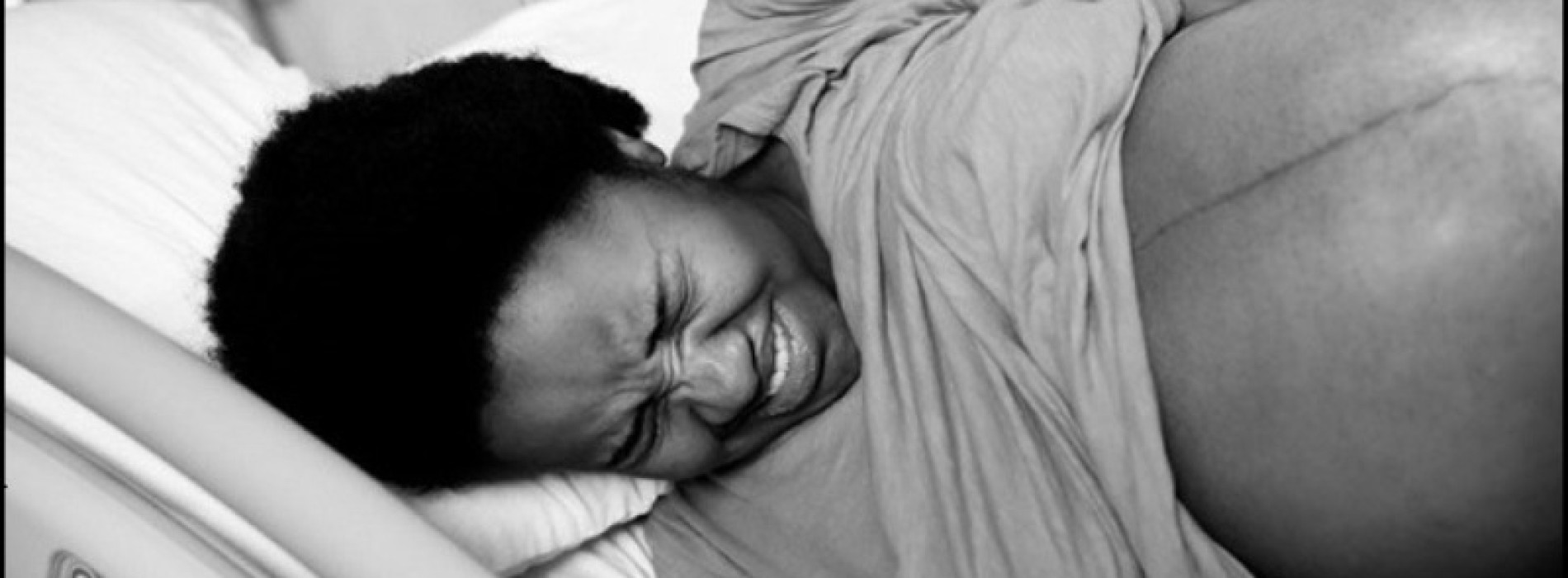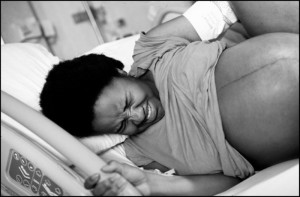And the woman died
• 7 children at 38 and pregnant with no 8
• Body too weak for the rigor of another baby
• Shunned antenatal care
• Could have prevented more pregnancies and eventual death with contraceptives
Just one faint gasp and she was dead. Although the doctor was not expecting a smooth delivery, he was all the same caught unawares. For, up till that moment, her labor had progressed relatively so well that he did not even consider the option of a caesarean section. All that was left for her was to push, to summon every bit of strength she could muster, to push the baby out of her womb.
“Madam, now push, the doctor had yelled, reaching out at the same time to assist the baby. But it was too late. Iya Ibeji, (mother of twins) as she was popularly called by neighbors and relations, was gone, oblivious of all the commotion that followed. She was too far gone to notice all the fruitless efforts being made to save her life. The doctor shook his head. Somehow, he couldn’t help feeling sad. He had witnessed many deaths before but this was one death he knew should not have occurred.
If only she ha listened, he kept muttering to himself.
Iya ibeji had been one of his regular patients. Well, not that she was sickly but she was a regular caller at the antenatal clinic. For the past nine years or so, he had tended to her every year as she had her other seven children including a set of twins. He had in fact advised her against having this last child, her eighth, only for her to resurface later for antenatal.
Everyone knew Iya Ibeji, 38, was heading for a disaster the moment she began to show signs of another pregnancy. After seven children, no one expected that she would be pregnant again or so soon after the seventh child.
Her friends could not help- talking. You only need to see her, ever so tired and looking so worn out, to know that her pregnancy was indeed a costly mistake.
But Iya Ibeji was determined to have the baby.
She was prepared to go through with the pregnancy even after the doctor had told her all the problems she might encounter with a pregnancy at her age, especially after so many children.
“The good Lord that blessed me with the pregnancy will surely see me through,” was her constant reply each time she was reminded of the risk she was taking.
The doctor had told her because she’d had children consistently for years she ought to avoid getting pregnant so as to allow her body to replenish all the vital nutrients she had lost during the childbirths. She had been warned that the complications usually increase as a woman gets older.
It’s even worse in her own case because she’d had more than three children. For instance, the doctor warned, death could occur as result of uncontrolled bleeding, known as hemorrhage in medical parlance, blood clots in the lungs (pulmonary embolism) and she could develop a very high blood pressure which, might lead to convulsion (toxemia).
The doctor was not through yet. He told Iya Ibeji that because of the numerous births she’d had In the past, she could develop some problem with the placenta or her womb could tear, making her to collapse. She was also told that she might have an abnormal position of the fetus and she might have very thin blood (anaemia).
“These complications kill many women, but weaken and injure many more. For example, anaemia makes a person more vulnerable to many diseases and infections. All these complications are serious, even if they occur in the hospital”, the doctor further warned, quoting a book on family planning.
Iya ibeji promptly thanked the doctor but politely told him that she must have her baby. Her own mother, she told the doctor, had twelve, though only five were alive, so why couldn’t she have at least ten children if God was kind enough to give her up to that? Her husband shared the same view. All she required, he told her was a little spiritual help. And so for the first six months, iya ibeji shuttled between her house and the church.
When it appeared she was getting tired so easily, she only complained to the pastor and a regular fasting at least twice a week was recommended. She told friends that she deliberately shunned the doctor because she did not want anyone to tempt her to even think of an abortion. But she got it all wrong. The fact is, her doctor, because of all the risk he had envisaged, actually did not want her to get pregnant in the first place.
Just immediately after her seventh child, he had called her into his office one day and advised her on the need to choose a contraceptive method to prevent pregnancy.
Sex does not have to result in pregnancy all the time, he had advised.
The doctor then proceeded to giver her talks about various contraceptive methods she could adopt, ranging from the barrier methods-the condom, (worn by the man before sexual intercourse), the pills (usually taken by the woman everyday of the month), the injectables (injections taken by the woman) and the permanent methods – vasectomy(for the man) and tubal ligation(for the woman).
Iya Ibeji was then advised to go back home and discuss with her husband and report the following day to have whatever method she wanted, done for her. She never showed up. The next time the doctor saw her in his clinic, she was pregnant.
It took some time before friends could persuade her to see the doctor again after her spiritual retreat. She never regained her health, in spite of all the blood enriching and energy drugs given to her by the doctor before she went into labor at the ninth month.
Iya ibeji needed some energy to push after about six hours in labor but her strength failed her at 38, and after seven children. Her body was obviously too weak for the rigor of another baby.
She wanted to add another baby to the family but she ended up denying her other seven children the much needed motherly care. She craved to give her husband another bundle of joy but she lost her life, albeit carelessly in the process.
Soon, very soon, the man may have to marry another woman to help him take care of the children iya Ibeji left behind. And life goes on.

























0 Comments
No Comments Yet!
You can be first to comment this post!